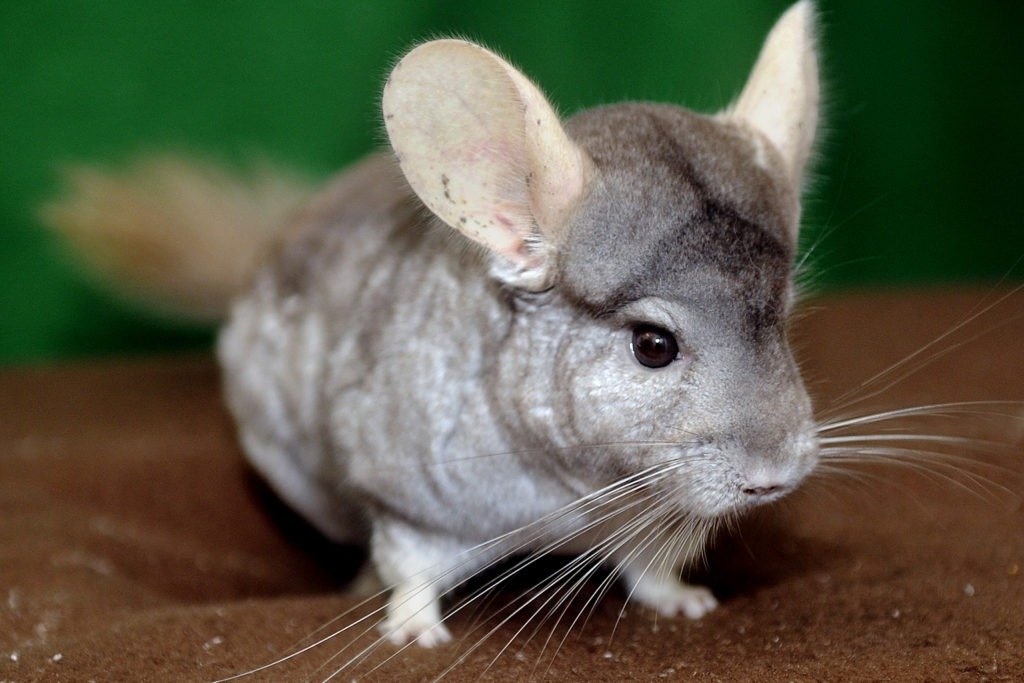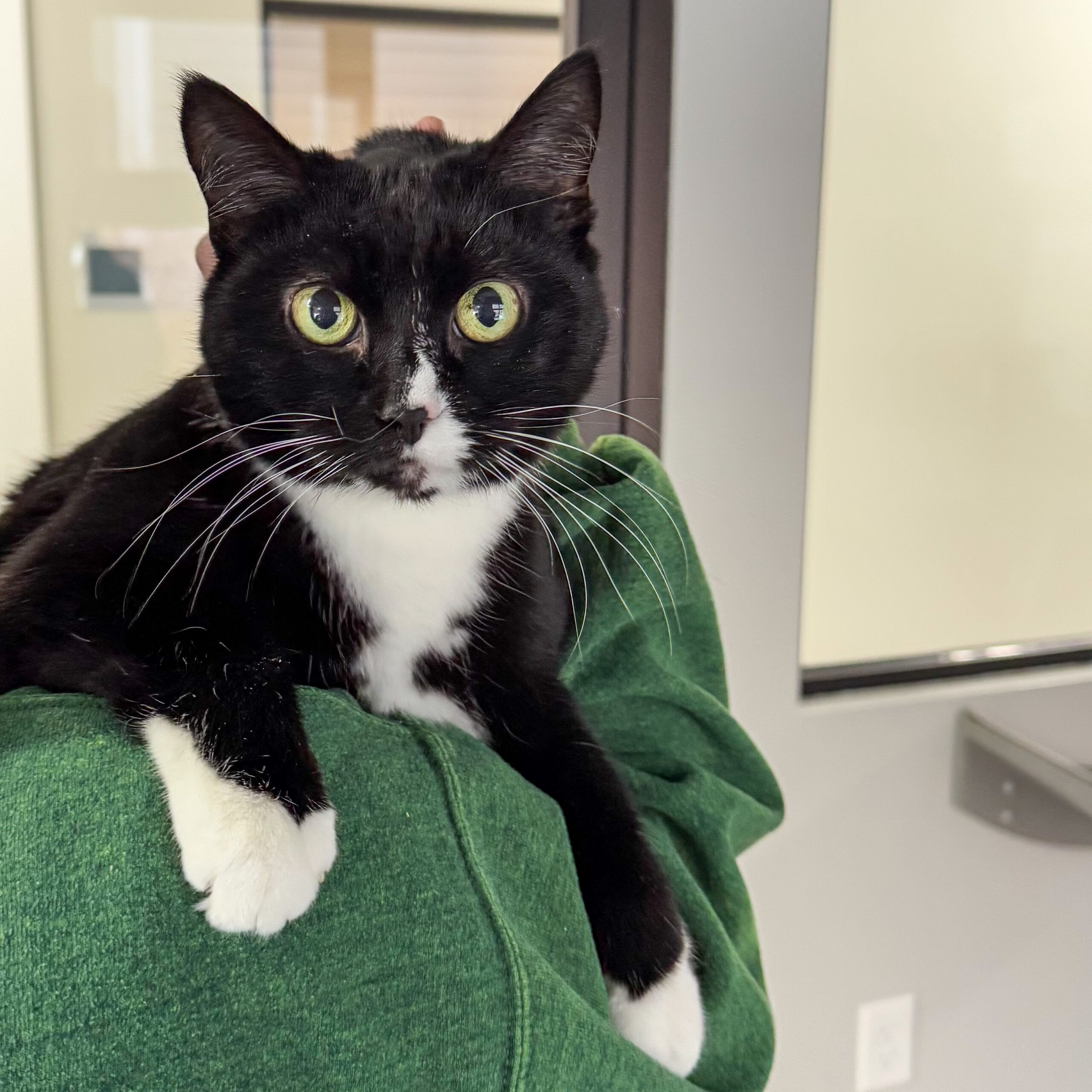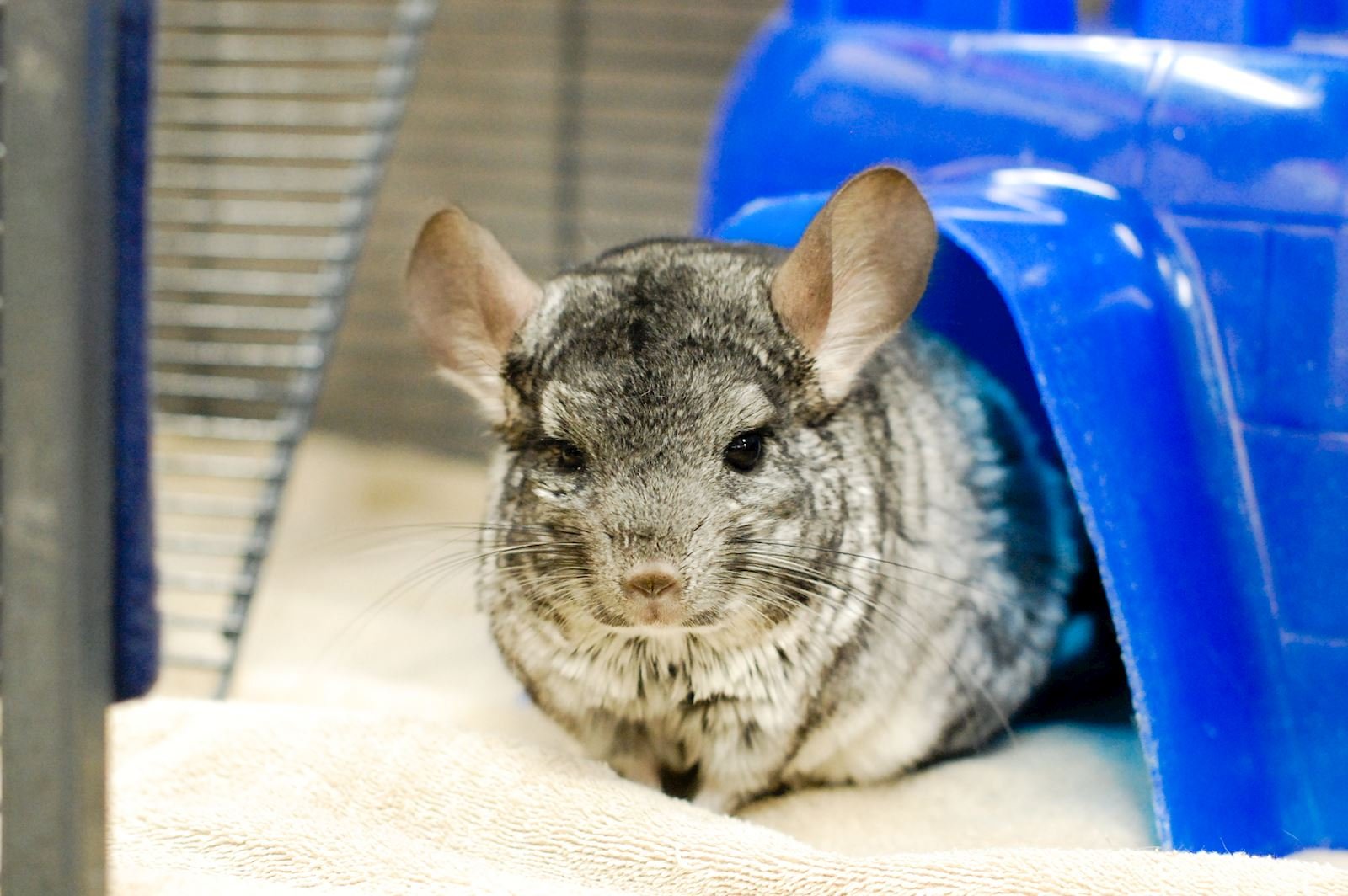
Imagine calling your chinchilla and having it come to you every time. It sounds amazing, right?
Teaching your chinchilla to come when called is easier than you think. With the right approach, you can build a strong bond and enjoy a more interactive pet. You’ll discover simple, effective steps to train your furry friend. Keep reading, because by the end, your chinchilla will be responding to your voice like never before.

Credit: qualitycage.com
Choosing The Right Environment
Choosing the right environment is key to teaching your chinchilla to come when called. A calm and quiet space helps your pet focus. It reduces stress and confusion. This makes learning easier for your chinchilla. The environment should be safe and comfortable. A positive setting encourages your chinchilla to respond well to training.
Creating A Calm Space
Pick a quiet room with soft lighting. Avoid loud noises or sudden sounds. Soft background noise, like a fan, can help mask distractions. Keep the temperature comfortable and stable. Your chinchilla will feel more relaxed and secure. Use familiar bedding and toys to make the space inviting. A calm place helps your chinchilla trust you.
Minimizing Distractions
Remove any toys or objects that might catch your chinchilla’s attention. Turn off TVs, radios, and phones. Close doors to keep other pets out. Limit movement in the area during training. A distraction-free zone helps your chinchilla focus on you. It makes it easier for them to learn and respond. Keep training sessions short to maintain attention.
Building Trust With Your Chinchilla
Building trust with your chinchilla is the first step to teaching it to come when called. Trust helps your pet feel safe and comfortable around you. A chinchilla that trusts you will respond better to your voice and commands.
Trust grows slowly. It needs patience and gentle care. Spend time with your chinchilla every day. Let it get used to your presence. This bond makes training easier and more effective.
Spending Quality Time
Spend quiet moments near your chinchilla’s cage. Talk softly to help it recognize your voice. Offer small treats to create positive feelings. Play gentle games to encourage interaction. These actions build a strong connection. The chinchilla learns you mean no harm.
Using Gentle Handling Techniques
Handle your chinchilla with care. Use slow, calm movements to avoid scaring it. Support its body properly when holding it. Avoid sudden grabs or loud noises. Gentle handling shows respect for your pet. It helps your chinchilla trust your touch and presence.
Selecting The Best Rewards
Choosing the right rewards is key to teaching your chinchilla to come when called. Rewards motivate your pet and make training more fun. The best treats are healthy and loved by chinchillas. Timing the reward correctly helps your chinchilla understand what action earns the treat.
Healthy Treat Options
Pick treats that are safe and good for chinchillas. Small pieces of dried rose hips or apple slices work well. Plain oats or a tiny amount of sunflower seeds also make great rewards. Avoid sugary or fatty foods. Fresh vegetables like carrot bits can be a nice treat. Keep treats small to avoid upsetting your pet’s stomach.
Timing The Reward
Give the treat right after your chinchilla comes to you. This helps connect the action with the reward. Do not wait too long. Immediate rewards make training clear and effective. Use a calm voice when you call your chinchilla. Rewarding quickly encourages your pet to respond faster next time.

Credit: animalwelfaresociety.org
Teaching The Recall Command
Teaching your chinchilla to come when called builds trust and safety. The recall command helps you control your pet in different spaces. It also strengthens your bond. Start with simple steps to make learning easy and fun for your chinchilla.
Using A Consistent Cue
Choose one word or sound for the recall command. Use the same cue every time you want your chinchilla to come. Avoid changing it, or your pet may get confused. Speak clearly and gently. A soft whistle or a simple name works well.
Pair the cue with a treat or favorite snack. Say the cue first, then show the treat. This helps your chinchilla connect the word with the reward. Repeat this often to build a strong habit.
Starting With Short Distances
Begin training in a small, quiet area. Call your chinchilla from just a few steps away. Reward immediately when it comes to you. Keep sessions short and positive.
Gradually increase the distance as your pet gets better. Move to bigger spaces slowly. Always use the same cue and give treats. Patience is key to success.
Practicing Regularly
Practicing regularly helps your chinchilla learn to come when called. Consistent practice builds trust and makes training easier. It takes patience and time. Short sessions keep your chinchilla interested. Frequent practice helps them remember the command better.
Short, Frequent Sessions
Keep training sessions brief, about 5 to 10 minutes. Chinchillas have short attention spans. Long sessions can make them tired or bored. Practice several times a day. Short, frequent training helps chinchillas stay focused. It also reduces stress and frustration for your pet.
Gradually Increasing Distance
Start training with your chinchilla close by. Call them from just a few feet away. Once they respond well, increase the distance slowly. Move farther only when your chinchilla comes reliably. This builds confidence and strength in their response. Step-by-step progress helps your chinchilla learn better.
Troubleshooting Common Issues
Teaching your chinchilla to come when called can sometimes be tricky. You may face some common problems during training. These problems can slow down your progress. Understanding how to fix them helps keep training fun and effective.
Dealing With Distractions
Chinchillas are easily distracted by sounds and movements. A noisy room can make them ignore your call. Try training in a quiet place first. Remove toys or other animals nearby. Use soft, calm tones when calling your chinchilla. Keep training sessions short to hold their attention.
Handling Reluctance To Come
Some chinchillas may not want to come right away. They might feel scared or unsure. Use treats they really like as a reward. Call them gently and wait patiently. Avoid forcing them to come. Be consistent and practice every day. Slowly, they will learn to trust you and respond better.
Maintaining The Behavior
Teaching your chinchilla to come when called is just the start. Maintaining this behavior keeps your pet responsive and happy. Regular practice and rewards help your chinchilla remember the command. Consistency is key for lasting results. Below are ways to keep your chinchilla eager to respond.
Reinforcing With Treats
Giving treats is a powerful way to reinforce good behavior. Use small, healthy snacks your chinchilla loves. Offer a treat immediately after it comes to you. This makes the connection clear and positive. Avoid giving treats too often to prevent overfeeding. Treats help your pet stay motivated and interested.
Incorporating Recall Into Daily Routine
Include recall practice in your daily activities. Call your chinchilla during playtime or before feeding. Keep sessions short but frequent to hold its attention. Use the same word or sound for calling every time. This builds a strong habit and makes recall natural. Routine practice ensures your chinchilla listens without hesitation.

Credit: www.marylandzoo.org
Frequently Asked Questions
How Long Does It Take To Train A Chinchilla?
Training a chinchilla to come when called usually takes a few weeks. Consistent daily sessions of 5-10 minutes help reinforce the behavior. Patience and positive reinforcement are key to successful training.
What Rewards Work Best For Chinchilla Training?
Chinchillas respond well to small treats like dried rose hips or raisins. Use treats as positive reinforcement immediately after they come when called. Avoid sugary or sticky foods to keep your pet healthy.
Can Chinchillas Learn Their Name Quickly?
Yes, chinchillas can learn their name with repetition. Use their name consistently during training and reward them when they respond. This strengthens their association between the name and the desired behavior.
Is Clicker Training Effective For Chinchillas?
Clicker training works well for chinchillas. The click sound marks the exact moment they perform the desired action. Pair the click with a treat to reinforce coming when called.
Conclusion
Teaching your chinchilla to come when called takes time and patience. Use gentle, clear commands and offer tasty treats as rewards. Practice often in a quiet, safe space to help your pet learn faster. Stay consistent and keep training sessions short and fun.
Soon, your chinchilla will respond happily when you call. This bond improves your pet’s trust and your daily interactions. Keep encouraging your chinchilla with love and care. Training is a small effort for a big reward. Enjoy every step of this learning journey together.







